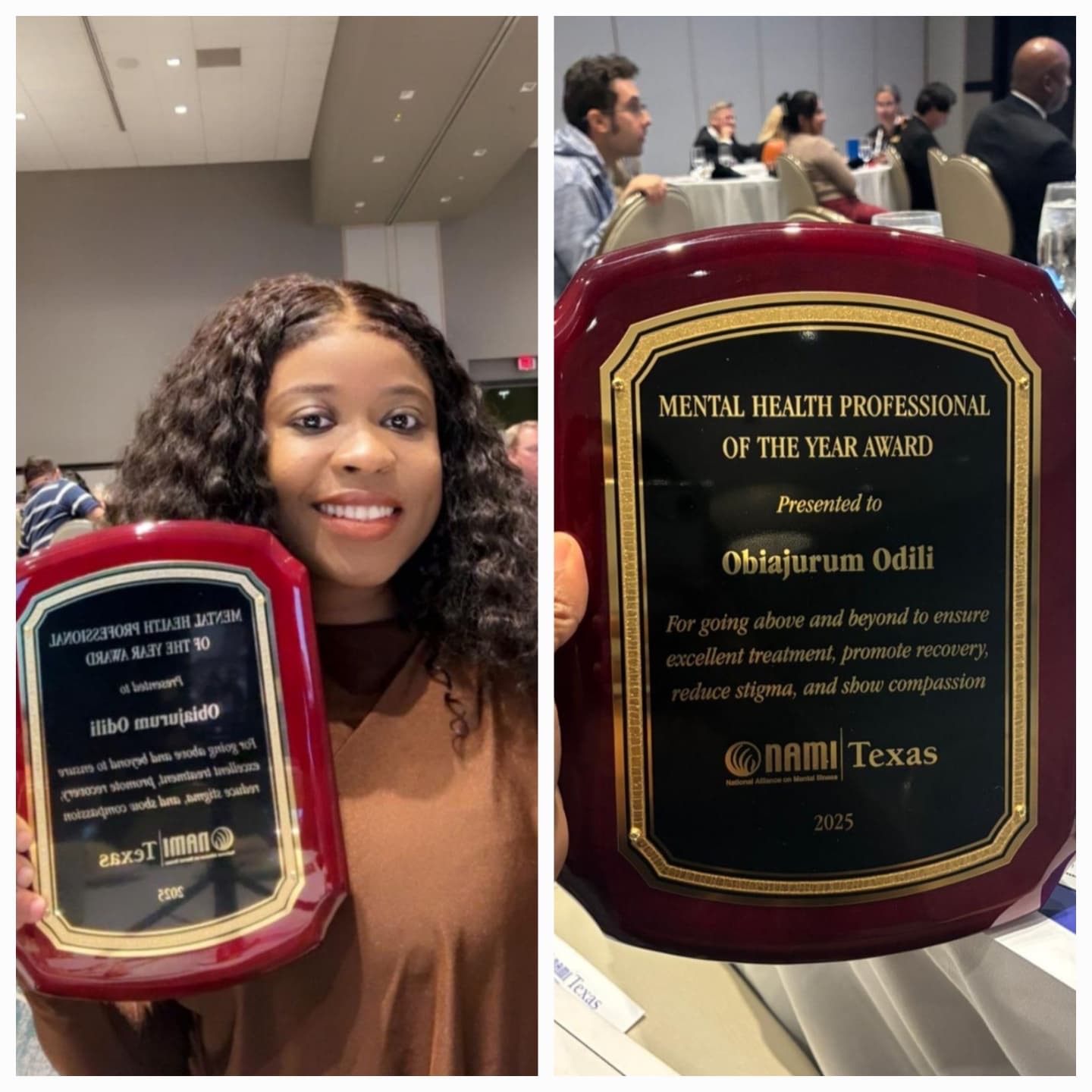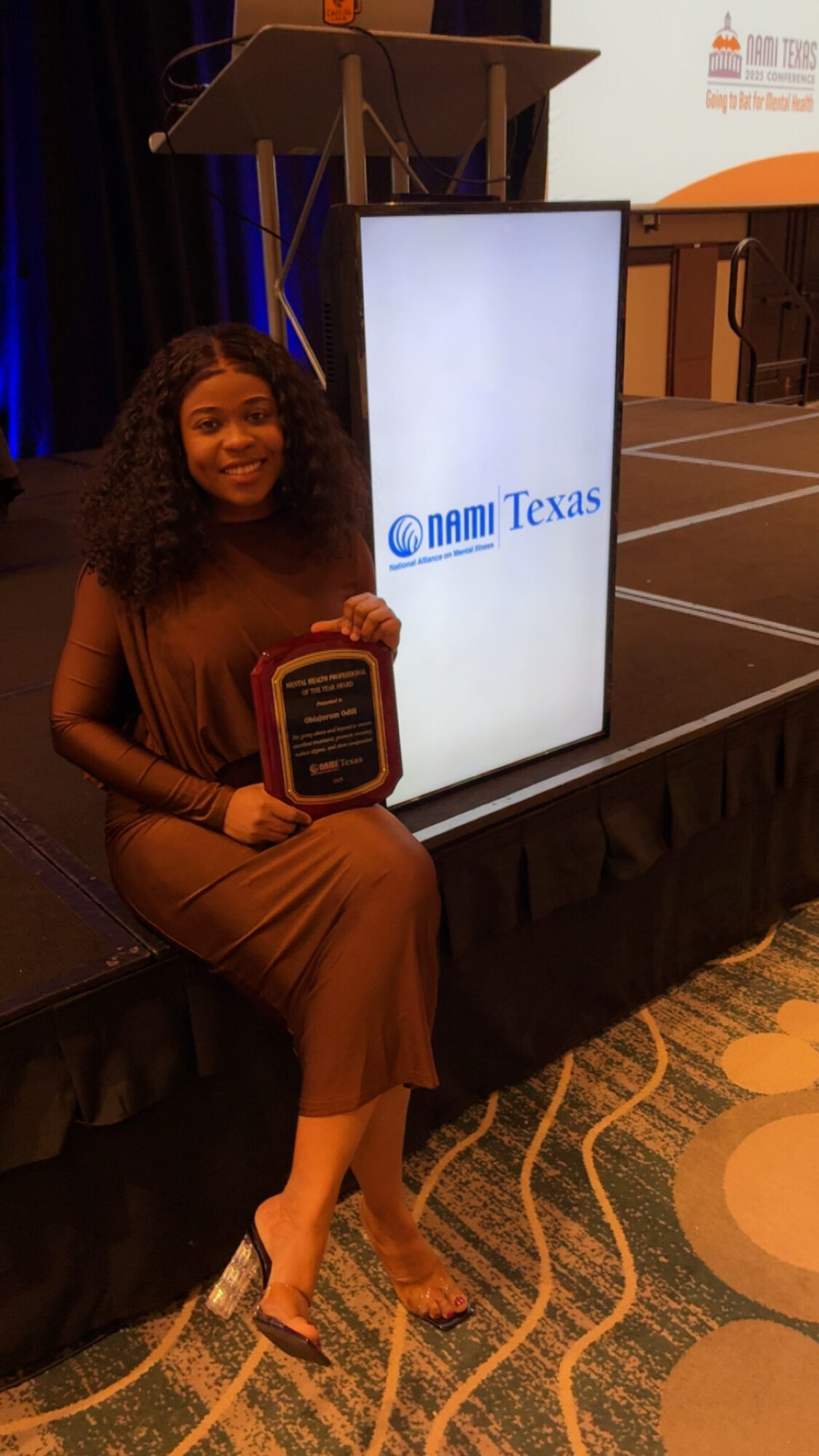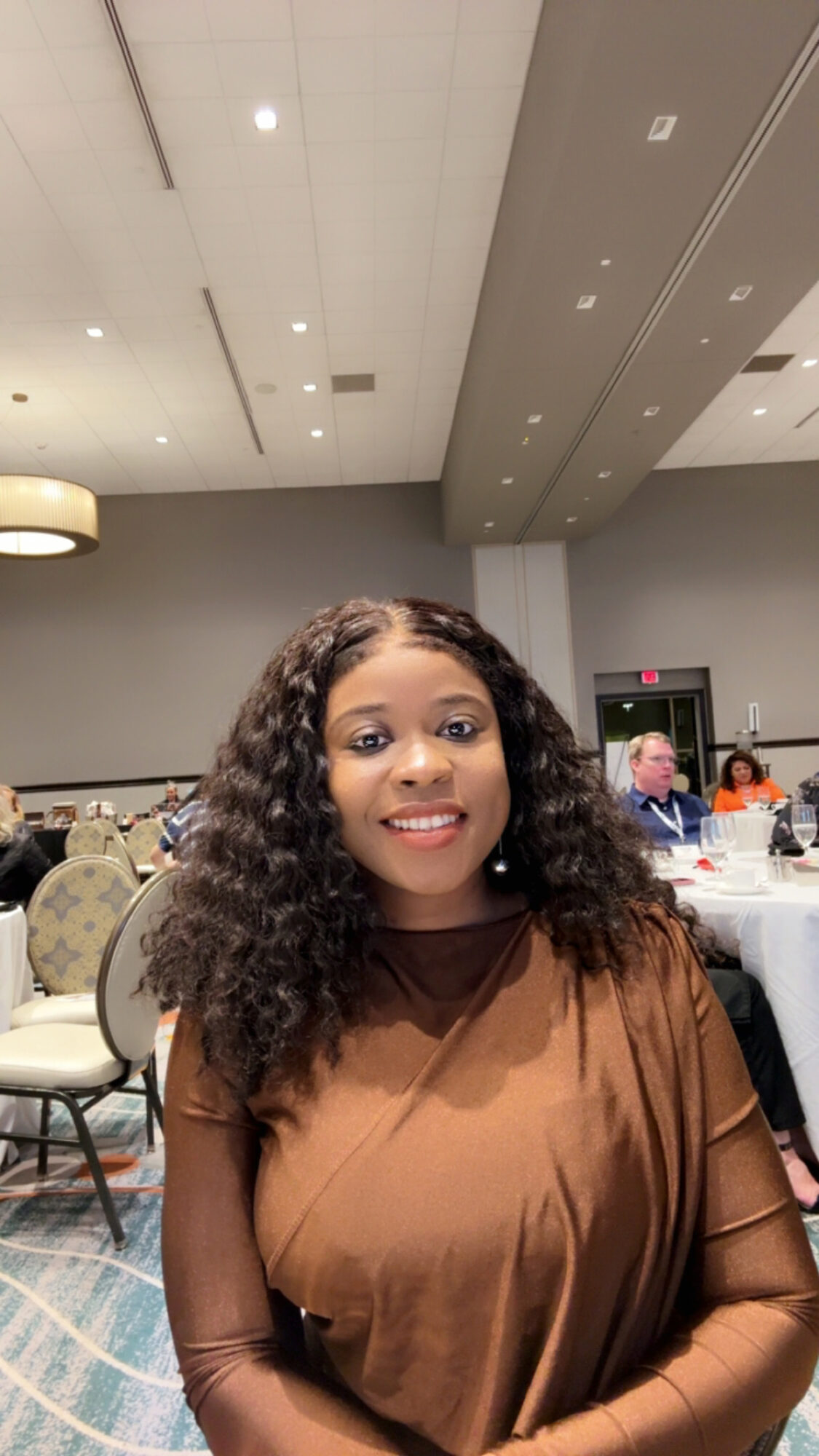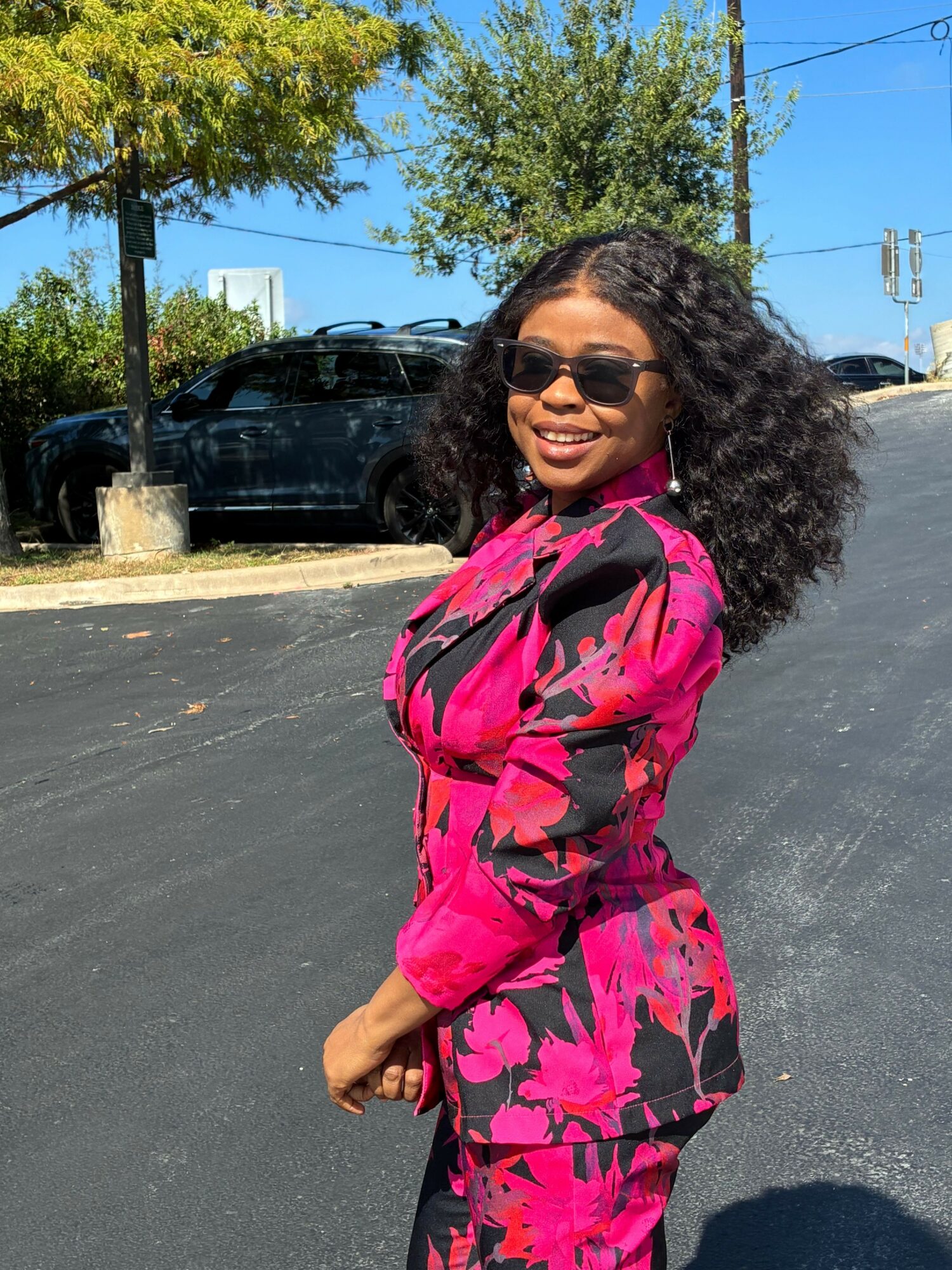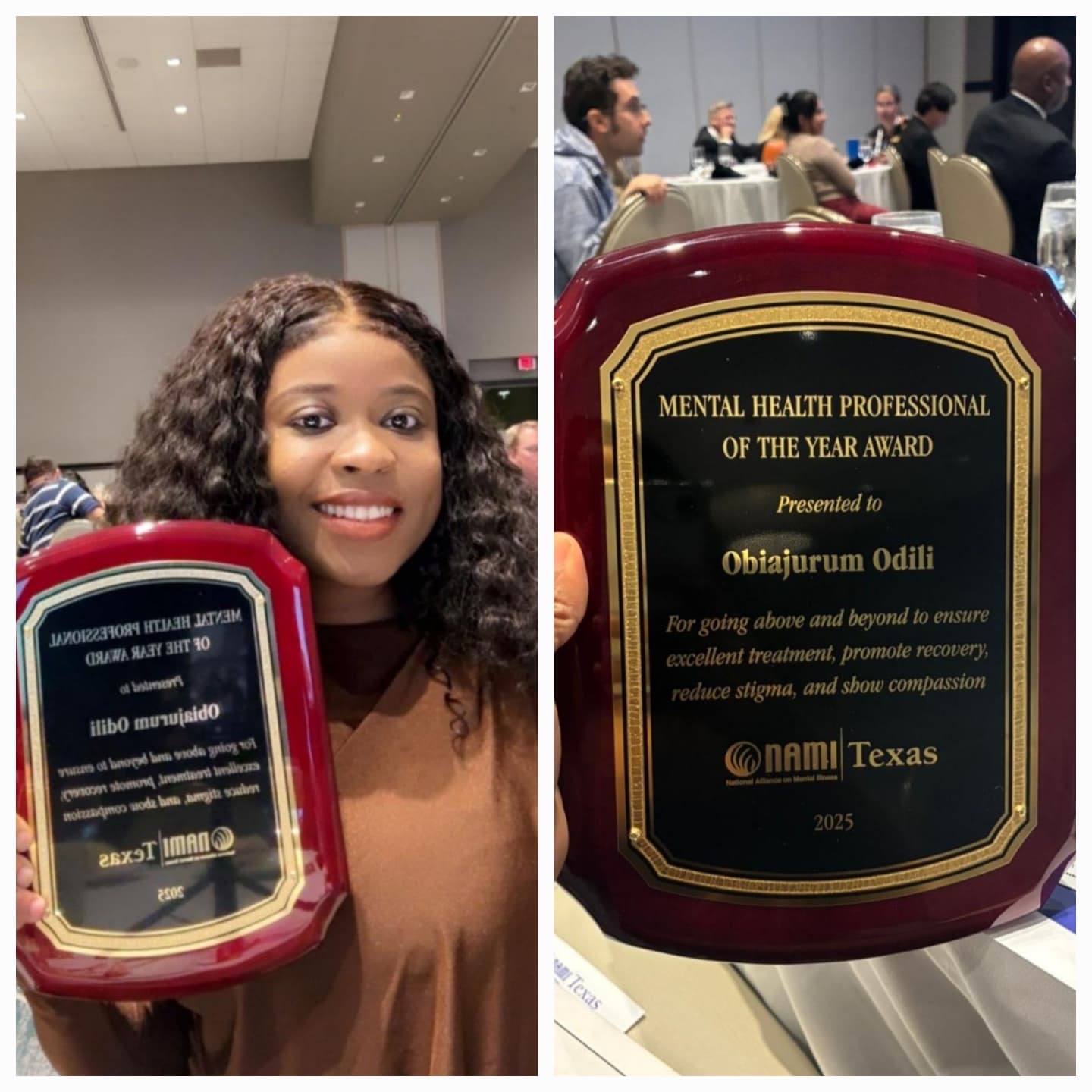

We recently had the chance to connect with Tonia odili and have shared our conversation below.
Good morning Tonia, it’s such a great way to kick off the day – I think our readers will love hearing your stories, experiences and about how you think about life and work. Let’s jump right in? What do you think others are secretly struggling with—but never say?
1. Feeling “not good enough.”
Imposter syndrome is more common than we realize. Even high-achievers often doubt themselves, fearing they’ll be “found out.”
2. Loneliness in a crowded room.
You can be surrounded by people and still feel isolated. Many keep this to themselves, worried it will sound like weakness.
3. Silent anxiety.
Behind the polished exterior is constant overthinking, heart racing, or panic hidden beneath productivity and perfectionism.
4. Hidden depression.
Not all depression looks like lying in bed all day. For some, it’s smiling through sadness, working through emptiness, and holding it together when they feel like falling apart.
5. Burnout disguised as strength.
Exhaustion often gets masked with phrases like “I’m just busy” or “I’ll push through.” But constant burnout takes a toll on both body and mind.
6. Relationship fears.
People may appear confident in love and friendships, yet quietly fear rejection, abandonment, or being unworthy of love.
7. Unspoken grief.
Loss—whether of a loved one, a dream, or a part of identity—can linger long after others think it’s time to “move on.”
8. Trauma scars.
Past wounds often go unspoken, either because the person doesn’t have the words or they fear others won’t understand.
Can you briefly introduce yourself and share what makes you or your brand unique?
My name is Tonia Odili, and I’m a Licensed Professional Counselor-Associate and mental health advocate passionate about trauma-informed care, healing, and resilience. I currently work in psychiatric and outpatient settings, where I provide compassionate, evidence-based therapy for individuals navigating trauma, anxiety, and grief.
What makes my work unique is my belief that recovery is not just about symptom reduction ,it’s about rediscovering hope, meaning, and connection. My approach integrates Cognitive Behavioral Therapy with creative and holistic methods such as mindfulness, expressive arts, and play therapy techniques, allowing each client to find their own path toward healing.
Beyond the therapy room, I am deeply committed to reducing stigma and empowering communities through psychoeducation, especially for first responders and trauma survivors. Being recognized as the Mental Health Professional of the Year by NAMI Texas was an honor that affirmed my mission: to make conversations about mental health feel safe, human, and inclusive.
I am currently leading Project HOPE, which stands for Healing, Opportunity, Purpose, and Empowerment. An initiative that combines workshops, storytelling, and advocacy to remind individuals that healing is possible and that no one has to walk the journey alone.
Thanks for sharing that. Would love to go back in time and hear about how your past might have impacted who you are today. What was your earliest memory of feeling powerful?
I first felt powerful when I helped someone recognize their own strength. It wasn’t about control, it was about connection. Seeing someone reclaim hope or courage reminded me that power can be gentle, compassionate, and deeply transformative.
What’s something you changed your mind about after failing hard?
After failing hard at trying to please everyone, I changed my mind about what success really means. I realized that no matter how hard I tried, someone would still be unhappy, so now I focus on living in alignment with my values instead of external approval.”
I think our readers would appreciate hearing more about your values and what you think matters in life and career, etc. So our next question is along those lines. Is the public version of you the real you?
The public version of me is a part of the real me , the part that’s polished, thoughtful, and careful about how my words land. But the real me also has doubts, fears, and messy moments that don’t always make it to the surface. I have learned that both versions can coexist without one being fake.
Okay, so let’s keep going with one more question that means a lot to us: Could you give everything your best, even if no one ever praised you for it?
In mental health, a lot of what we do goes unseen. The breakthroughs, the small steps, the healing ,they don’t always come with recognition. But I have realized that impact doesn’t need an audience. Giving your best is its own reward.
Contact Info:
- Instagram: https://www.instagram.com/toniaodili/
- Linkedin: https://www.linkedin.com/in/odilitonia/
